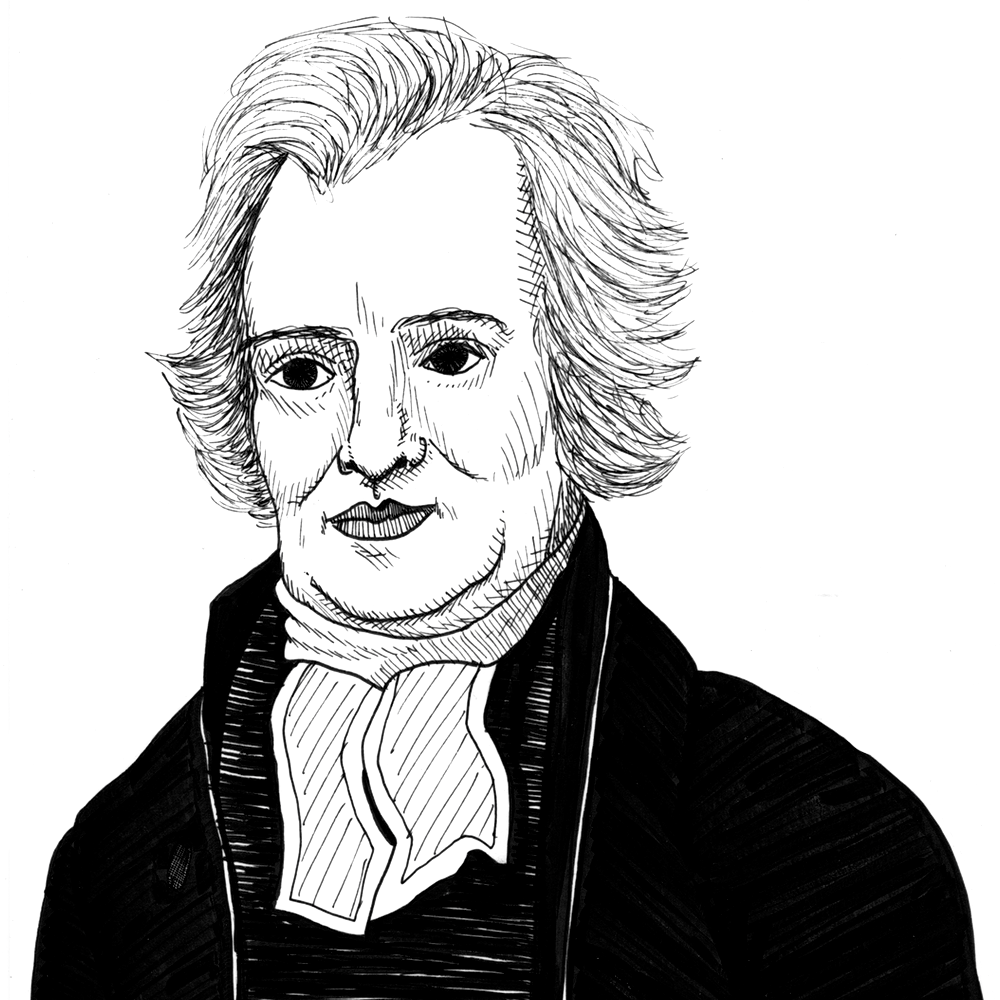
Knox on how the people during wartime are cowered into submission and pay their taxes “without a murmur” (1795)
Found in: The Works of Vicesimus Knox, vol. 5
During the Wars against the French Revolution, the English minister Vicesimus Knox (1752-1821) denounced the infringement of the peoples' liberties and the ever increasing taxes which were imposed to pay for the war. “Court sycophants” taught the people they had to obey their rulers and to pay their taxes no matter what, yet he believed they had a “natural right” to protect their liberties:
Taxation
But such is the effect of political artifice, under the management of court sycophants, that the middle ranks of people are taught to believe, that they ought not to trouble themselves with affairs of state. They are taught to think that a certain set of men come into the world like demigods, possessed of right, power, and intellectual abilities, to rule the earth, as God rules the universe, without controul. They are taught to believe, that free inquiry and manly remonstrance are the sin of sedition. They are taught to believe, that they are to labour by the sweat of their brow to get money for the taxes; and when they have paid them, to go to work again for more, to pay the next demand without a murmur. Their children may starve; they may be obliged to shut out the light of heaven, and the common air which the beasts on the waste enjoy; they may be prevented from purchasing the means of artificial light in the absence of natural; they may be disabled from procuring a draught of wholesome and refreshing beverage after the day’s labour which has raised the money to pay the tax; they may not be able to buy the materials for cleanliness of their persons, when defiled by the same labour; yet they must acquiesce in total silence. They must read no obnoxious papers or pamphlets, and they must not utter a complaint, at the house where they are compelled to go for refreshment, which the tax prevents them from enjoying at home with their little ones. Yet they have nothing to do with public affairs; and if they show the least tendency to inquiry or opposition, they suffer a double punishment, first from their lordly landlord and employer; and secondly, from prosecution for turbulence and sedition.